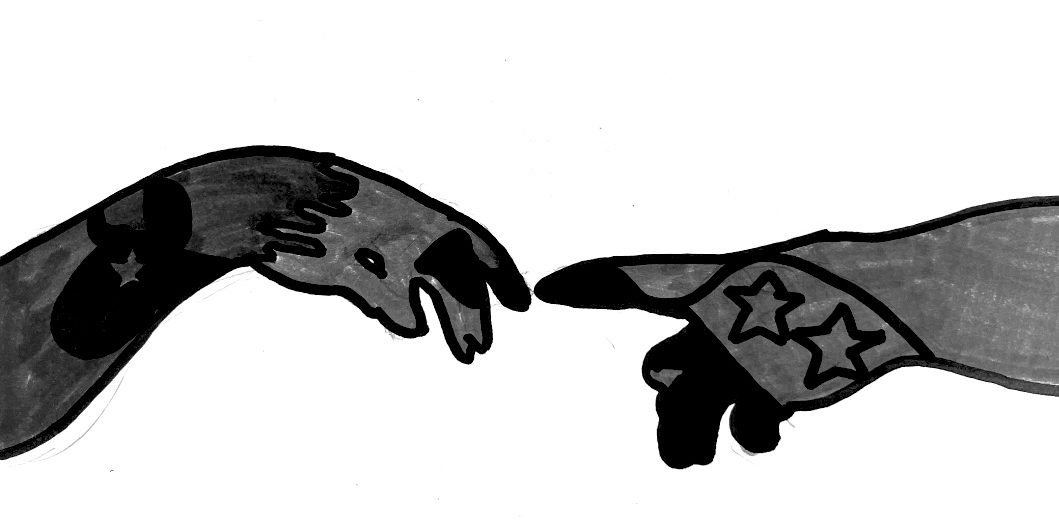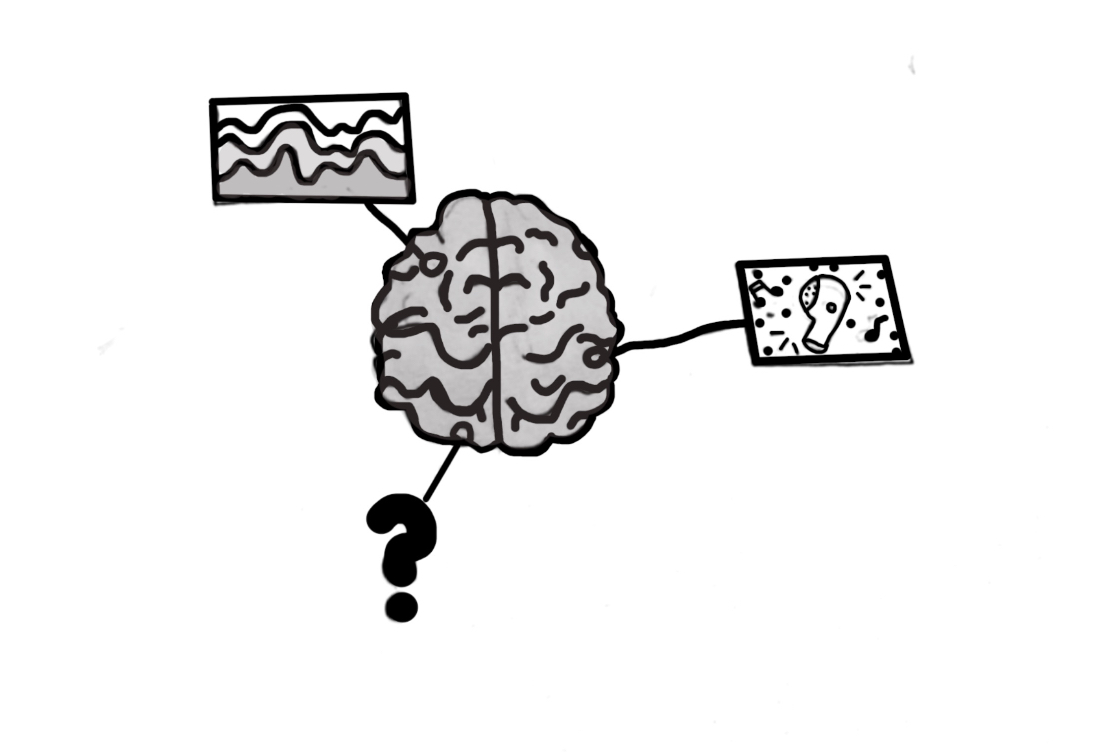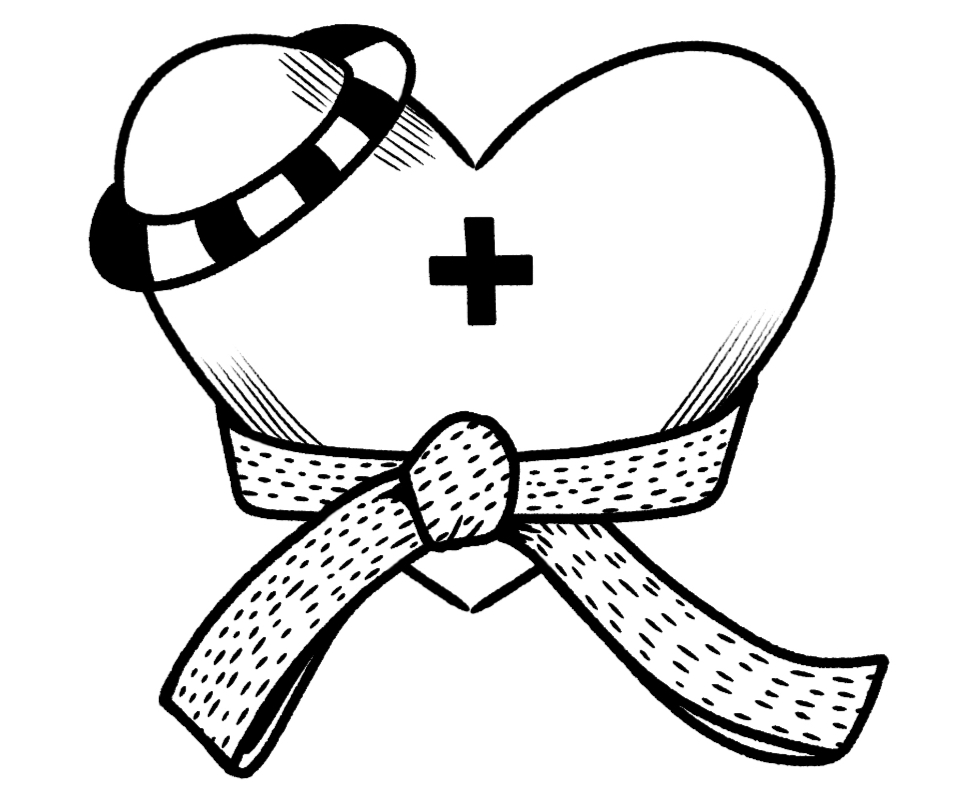144. That’s how many weeks a senior will have spent at Redwood by the end of the year. Sometimes, those moments at Redwood feel remarkably short, and other times seem impossibly long, but one thing is certain — those moments are finite. Those are your weeks in high school and they’re all you got.
In my experience, those weeks pass by a lot quicker than you expect. It feels like yesterday I was sitting in the amphitheater at freshman orientation, and in four short months, I will walk out of the doors of Redwood for one last time with the rest of the senior class. So, with that in mind, I leave one message: enjoy it.
As cliché as it sounds, the present is a gift. In an achievement-oriented environment like Marin, the present can go by the wayside at the drop of a hat. In no way am I saying you should forget about your ambitions, but you don’t have to obsess over them.
Enjoying your time in high school is more than the Friday nights, the basket ball games and the school dances. It’s about the laughs between classes, the under-the-breath jokes and even the late nights before calculus tests. Be present. Be aware and engaged in the moment, just one thing at a time.

Ironically, the more I look back at my years at Redwood, the more I realize I was looking forward. Spending every minute of the week waiting for that soccer game or that weekend trip takes away from truly appreciating the
moments that make up the present. Similarly, spending high school stressing over college robs you of the chance to enjoy the unique experiences and friendships that make those years unforgettable.
Being present is a powerful way of living. It means you are conscious and deliberate in your actions, noticing life’s simple pleasures. Harvard researcher Matt Killingsworth is well known for studying mindfulness and its profound effect on people’s lives. He created an app that routinely checks satisfaction of life and various other data points and found that people were significantly happier when their attention was entirely on the moment — an increase of 16 percent on his “satisfaction of life” scale. Even when performing unpleasant tasks, participants in the study were increasingly happy when focusing on their actions rather than allowing their minds to wander.
This research aligns with what many of us instinctively know but often forget: the best memories aren’t about what we do but how we experience it. Think about your happiest memories. It’s not just the milestones like winning a game or taking a test that stands out. The fleeting, seemingly ordinary moments linger: a genuine conversation during lunch or a sudden burst of laughter that hurts your stomach. Neuroscientists with The Psychonomic Society have discovered that being present strengthens our ability to form memories. When fully engaged, our brain’s hippocampus becomes more active, which is responsible for consolidating experiences into long-term memories. In other words, being mindful doesn’t just make us happier in the moment; it helps us keep those moments forever.
All this being said, knowing the value of presence doesn’t make it any easier to achieve. As students, it can sometimes be difficult to clear our minds, constantly juggling academics, relationships and planning for the future. A good start is practicing mindfulness techniques such as deep breathing and meditation, minimizing unnecessary distractions such as phones and taking regular mental breaks. Take note of when your mind starts to wander during everyday activities, and attempt to bring yourself back to the present.
High school is a collection of memories, some of which will only make sense in hindsight. It’s easy to think the important parts are yet to come that they’ll arrive when you get into college, land your first job or achieve something extraordinary. But as John Lennon once said, “Life is what happens to you while you’re busy making other plans.” The only time we have is the present, so make it count.
“Do not dwell in the past, do not dream of the future, concentrate the mind on the present moment.” – Buddha








